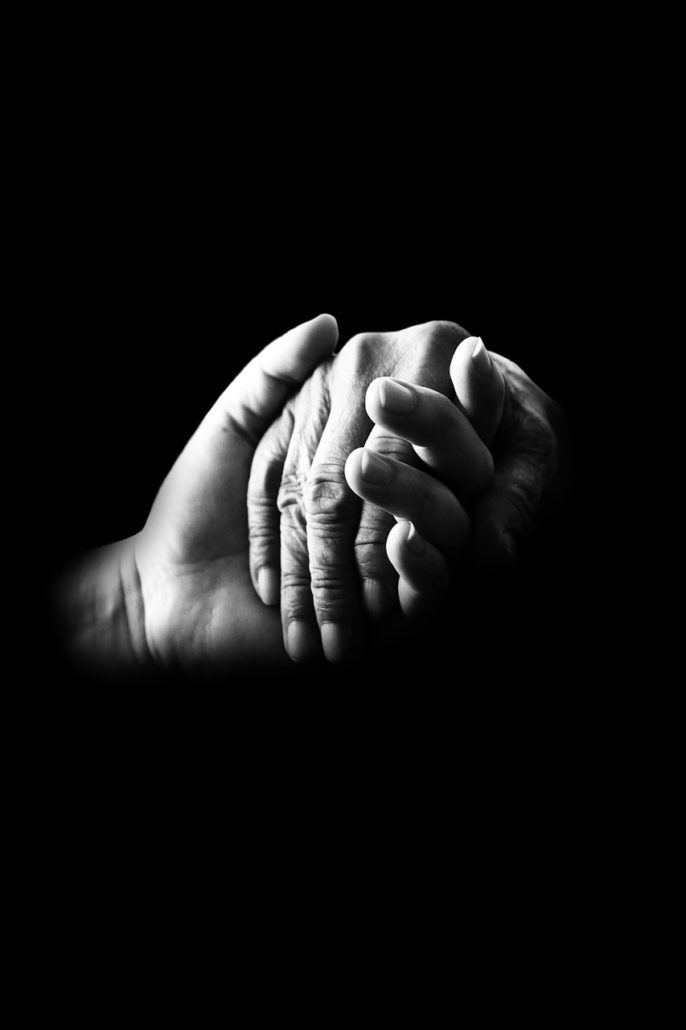Malaysia Flight 370 Pilot Mass Murder
60 Minutes Australia aired a show this past week where they interviewed international experts on the missing Malaysia flight 370. The experts concluded that the pilot Captain Zaharie Ahmad Shah took down the plane on purpose killing himself and all 239 passengers and crew on board. They believe his actions were intentional and deliberate.
If you recall, when the plane first disappeared, I came out on March 19, 2014, eleven days after the plane went missing, and shared my thoughts on the pilots from looking at their photos. I wrote that from facial profiling of the Captain. I had concerns about him and a possible “deviant side” to his personality. I did not worry about the co-pilot. Check it out here.
From 2014:
…I see a slight deviant side to his personality–a side that makes me pause slightly. I have hesitation to trust him completely. And ironically, I don’t see this side of him in all of his photos, but is clearly there, which means he could have fooled people.
Captain Zaharie Ahmad Shah, in the photos found online of him, showed many expressions of contempt. Contempt is an expression of superiority, an arrogance and better-than-you attitude that can’t be dismissed–then add in his deviant side and I had elevated concerns.
Look at his photo in my post from 2014. Can you see those features?
His photos also revealed he had a dual personality, too, that was clearly evident.
While personality profiling isn’t 100% predictive, it does give you awareness that there is INCREASED RISK which is very important for safety. Scientists have been studying “personality identification at zero acquaintance” and they are finding it has significant accuracy and value. I have a natural talent for this and believe it could be of great use to keep people safe.
How could this information help an investigation? I talk about it in this post here.

